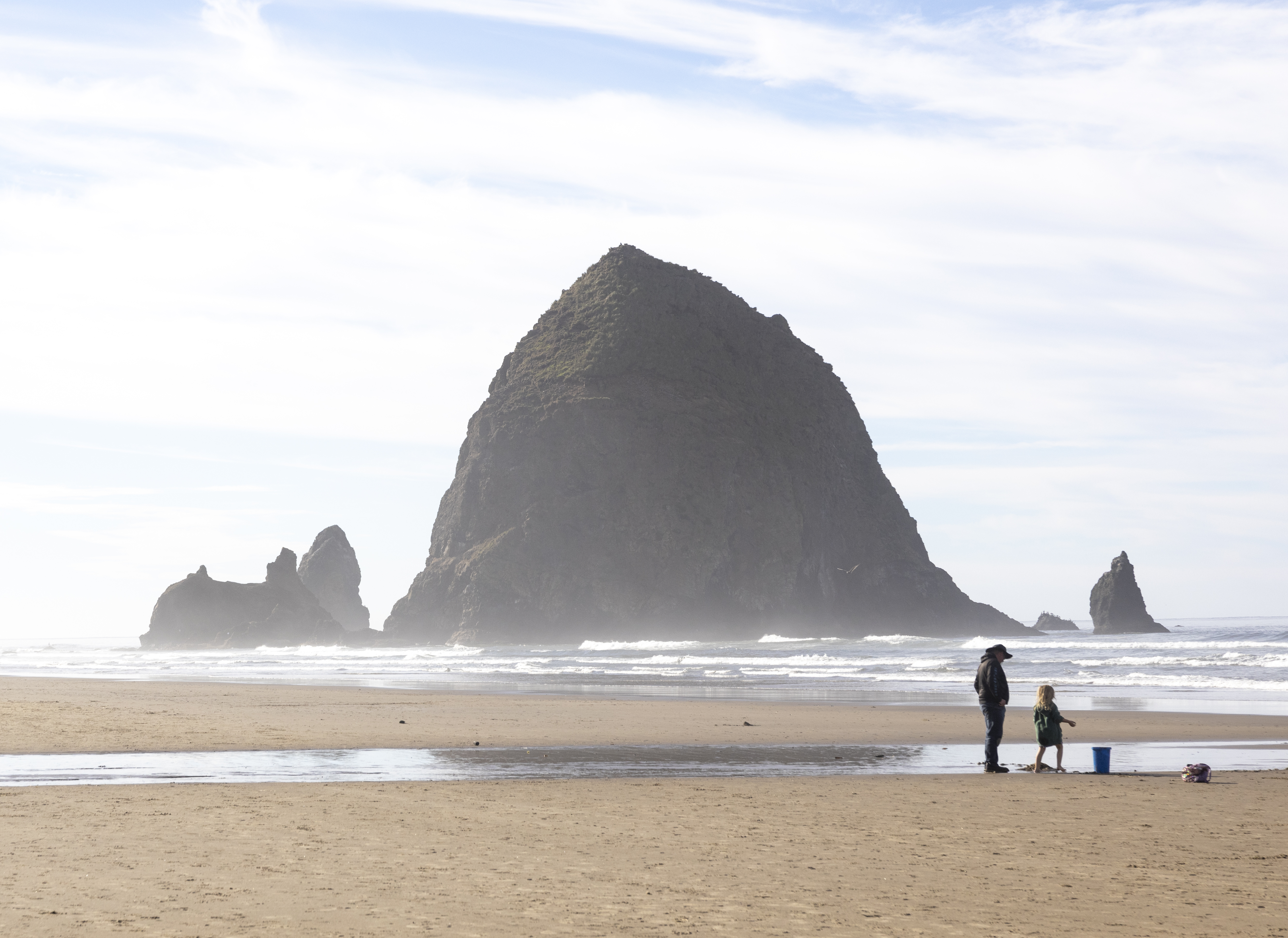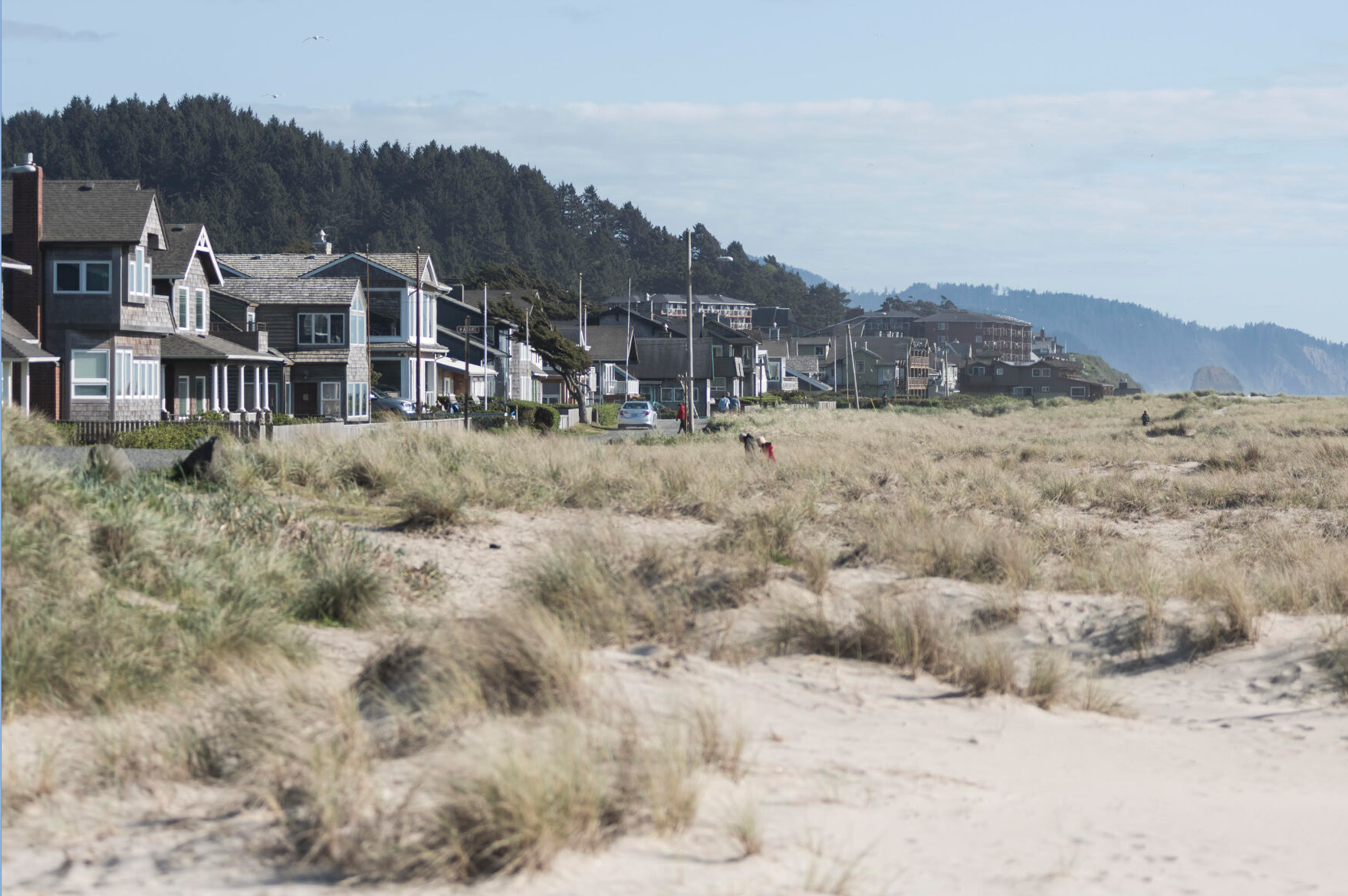Stakeholders weigh in on lodging tax bill
Published 9:26 pm Friday, March 21, 2025



Supporters and opponents of a bill that would update the state’s transient lodging tax faced off before a legislative committee Thursday, with proponents arguing the bill would help address the impacts of tourism on local infrastructure and opponents saying it would hurt a critically important industry.
For decades, cities and counties in Oregon have collected taxes from hotels, motels and other short-term lodging providers. In 2003, the Legislature established new rules for how those tax dollars could be spent, requiring 70% to go toward tourism promotion and tourism-related facilities and reserving the remaining 30% for local discretionary spending.
Some jurisdictions — including in Clatsop County — have said that system is no longer working for them.
Trending
House Bill 3556, introduced by North Coast lawmakers, would increase flexibility for how local governments spend transient lodging tax revenues, adding public safety and community infrastructure as acceptable uses under the larger portion of the 70/30 split. On Thursday, dozens of stakeholders provided testimony to the House Committee on Emergency Management, General Government and Veterans in an initial public hearing on the bill.
The bill’s chief sponsors include Rep. Cyrus Javadi and Suzanne Weber, Tillamook Republicans whose districts encompass all of Clatsop and Tillamook counties. At the hearing, Javadi described the proposed changes to the tax as “long overdue,” citing concerns over the disproportionate impacts of tourism on services like water and sewer, roads and law enforcement.
“These are not nice-to-have services,” Javadi said. “They are essential to the visitor experience itself.”
Local leaders voice support
In Clatsop County, leaders have long expressed concerns over the impacts of tourism on public safety.
Although the county has a resident population of around 40,000, that number can sometimes triple during peak tourism season. The county has historically had among the highest per-capita rates of tourism in the state, and nonresidents make up about a third of the adults in custody at the county jail. At the hearing, Sheriff Matt Phillips also expressed concerns over the ability of rural fire districts in the county to meet increased demands during peak seasons, noting that some receive as little as $5,000 in annual funding.
Without additional flexibility, county leaders have said they may need to raise lodging tax rates to keep up.
Trending
Earlier this year, Clatsop County commissioners considered an ordinance that would increase the county’s lodging tax rates, citing a roughly $1.2 million shortfall at the jail. The discussion has been tabled until July in hopes of a legislative fix.
“Of course, tourism is a cornerstone of Oregon’s coastal economy,” said Mark Kujala, chair of the Clatsop County Board of Commissioners, at the hearing. “We bring millions of visitors to our scenic counties and cities each year. And while vital to our region, it strains public safety services funded primarily by local property taxes, not tourism revenue.”
Cities along the North Coast have also signaled their support of the bill.
Much of the tourism-related portion of Seaside’s lodging tax revenue has gone toward the city’s convention center — but Mayor Steve Wright said there’s only so many times the building can be renovated. The city has also shifted from promoting to managing tourism. As a result, it’s accumulated around $11 million in surplus lodging tax revenues.
While the city could find tourism-related uses for that $11 million, Wright has said it has higher priorities, like repaving its heavily traveled roads. At the same time, its 30% portion goes entirely to public safety and is stretched thin.
“So we’re just here to ask if you can help cities like us to be able to have some flexibility in how we spend that money,” he said.
Industry advocates raise concerns
Javadi said HB 3556 isn’t a mandate for cities to put more lodging tax revenue toward community infrastructure and public safety — it would simply give them the option to do so.
“It’s important to be clear, this bill does not eliminate the ability for cities and counties to promote tourism and to drive that very important economic factor for the coast,” Javadi said.
But the existing bill also doesn’t outline a clear limit on how much of the 70% portion of local lodging tax revenues could be put toward those services. That’s stirred concern that it could leave the tourism industry empty-handed — a departure from the law’s original intent. Thursday’s hearing drew a range of opposing testimony, primarily from lodging providers and tourism organizations, highlighting the critical role of tourism in local economies.
According to Karen Olson, communications director for the Oregon Coast Visitors Association, tourism contributes $2.3 billion and nearly 26,000 jobs to the coastal economy. A hit to tourism and tourism promotion funding, she said, would have far-reaching impacts on businesses that rely on visitor spending, like farmstands, craft breweries and museums.
Opponents noted that many businesses have struggled to rebound from the COVID-19 pandemic. Bill Perry, a lobbyist for the Oregon Restaurant and Lodging Association, said tourism-related businesses also consistently see a significant decline in revenue during the offseason.
“You’re sitting on $10 million or $11 million and my business has declined 50% in those six months,” Perry said. “That’s the frustration and the push or pull that’s going on on the coast right now, and it has been for years.”
Although Oregon law dictates a 30/70 split for transient lodging tax revenues, that split only applies to tax rates implemented after the law passed in 2003. That means a jurisdiction’s actual discretionary portion may be higher than 30% depending on when it established its lodging tax. In Clatsop County, for example, the first 7% of the 9.5% transient lodging tax rate in unincorporated areas was put in place before 2003 and can be used at the county’s discretion.
Coastal leaders also aren’t unanimous in their support of changes to the transient lodging tax. Coos Bay Mayor Joe Benetti, for example, spoke in opposition to the bill, urging lawmakers not to change something that’s proven successful.
“We’re talking Tillamook, Seaside, Astoria,” said Patrick Nofield, the chairman of the Cannon-Beach-based Escape Lodging Co. “It seems to me, they’re looking for state legislation to accommodate a regional solution, and I don’t see why that would be the case.”
Nofield and others pushed back on the assumption that the nonresidents involved in traffic accidents or arrests are all tourists.
“The one-third of those transient people? To say that they’re a tourist, I’m sorry, it doesn’t sell,” he said.
A call for collaboration
Marcus Hinz, executive director of the Oregon Coast Visitors Association, said the agency has leveraged transient lodging tax revenues for a range of projects — from beach accessibility and tidepool ambassadors to a pilot program for a shuttle from Portland to the coast.
He told The Astorian in an interview that OCVA wants to collaborate with local jurisdictions to address community infrastructure concerns within the existing framework of the transient lodging tax. If public safety is a concern, for example, the organization is in a unique position to run a public safety campaign. If wear on local trails is the issue, it can direct resources toward trail maintenance.
“There’s all these ways that we are using the taxes and addressing things, but we don’t really get any credit for it, I feel like,” he said. ”The main thing is these city managers and county managers should really come and have a conversation with us to see how we can partner, you know, and tackle these solutions together, instead of just straight out trying to take our industry’s money.”
In order to do that effectively, though, they’d need good data on the challenges communities are facing. Hinz added that he’d prefer to have a proactive conversation about solutions, rather than an adversarial one centered around a bill.
At the hearing, representatives from both the League of Oregon Cities and the Association of Oregon Counties said they would be open to going back to their members to discuss potential modifications to HB 3556, including siderails to narrow the scope of the bill.
If the bill advances, Javadi said his hope is to have a robust stakeholder meeting about what the final bill might look like. A work session on the bill is scheduled for March 25.
“During that discussion, we’re hoping that we’ll come up with what’s palatable to both sides,” Javadi said. “I don’t think each side can have it their own way, and I’m here to facilitate that discussion, along with other legislators to say, you know, what’s negotiable? Where do we find this compromise?”
Jasmine Lewin contributed to this report.












